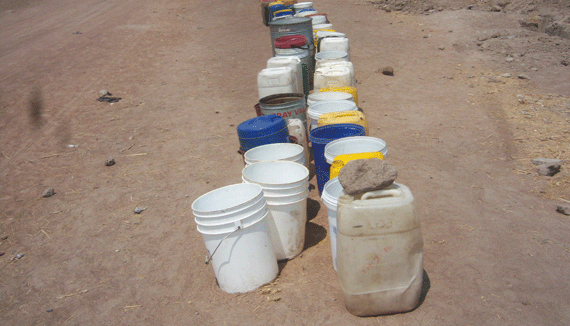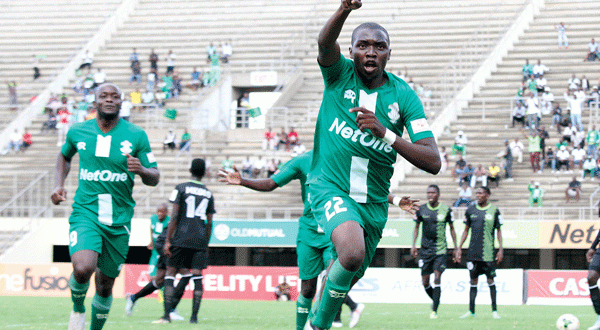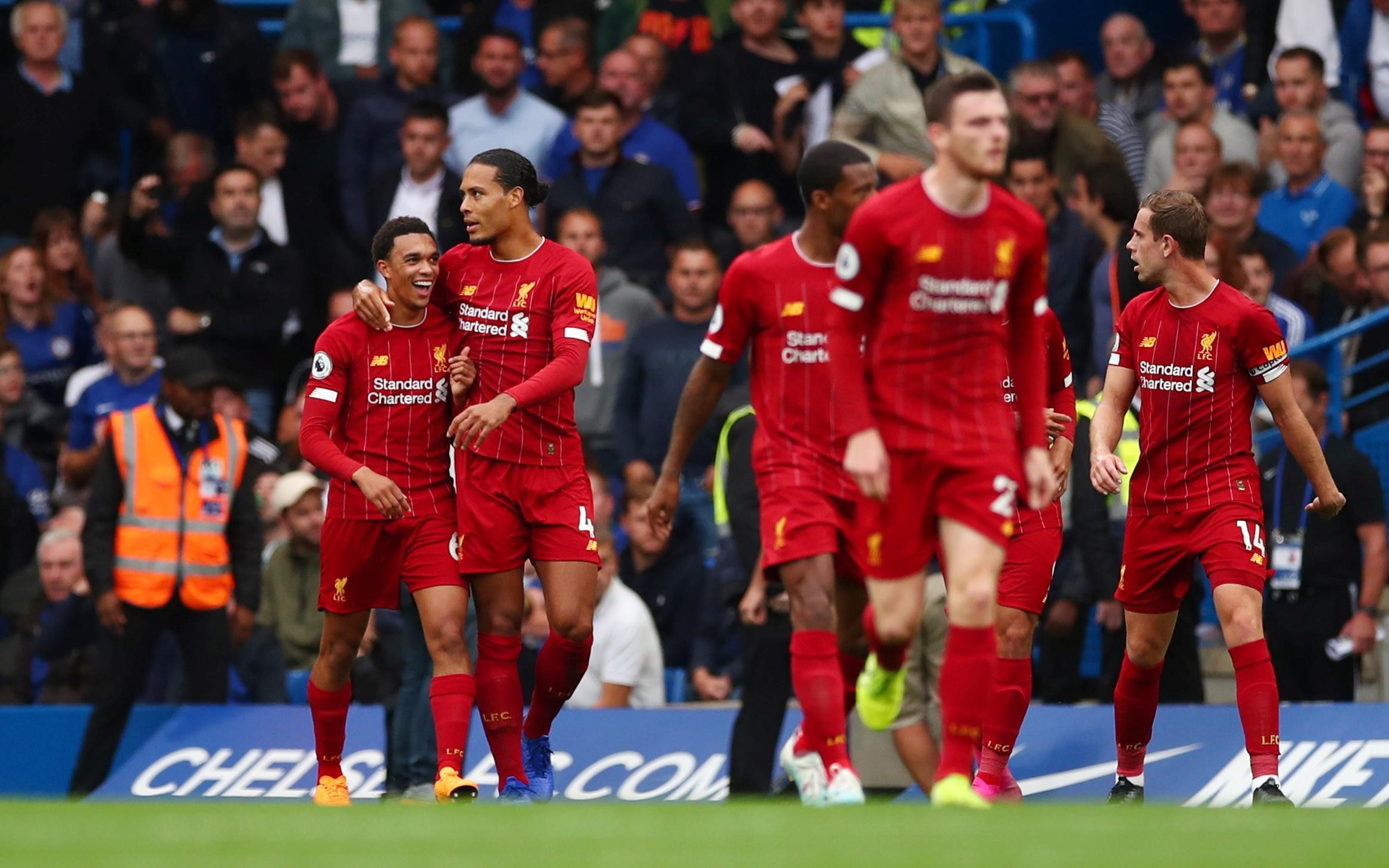
OF ALL of footballs’ “age old conundrums” the issue of diving, or its more formal term “simulation” is certainly one of the more recent ones.
In the last 15 years simulation has become a real issue in the Barclays Premier League as players try their hand at conning referees into awarding free-kicks and in some cases even penalties.
On the weekend, Chelsea midfielder Willian was yellow carded by referee Chris Foy for what he deemed a dive.

After closer inspection it was seen that this was the correct decision.
You can see the merit in simulation on occasions. Situations when a player is under pressure in possession, he will go down under the slightest contact to win a free kick and relieve the pressure.
This, however, is in no way condoning it. The players themselves are very clever, and in some cases their dives are very believable and sophisticated.
In most cases, however, they are over emphasised and overly dramatic, some even defying the basic laws of physics.
The most ironic thing about diving is when the big guys, such as Maroune Fellaini or Mario Balotelli throw themselves to the ground after challenges from players half their size, players they could easily outmuscle should they put some effort in.
- Chamisa under fire over US$120K donation
- Mavhunga puts DeMbare into Chibuku quarterfinals
- Pension funds bet on Cabora Bassa oilfields
- Councils defy govt fire tender directive
Keep Reading
Simulation really hurts the spectacle however when it directly influences the outcome of a game.
When a defending player gets a second yellow, or a straight red for a tackle that made no contact with the diving player, or when a player flings himself to the ground, earns a penalty and his team score, when initially, nothing had obstructed his path, and no contact with the defender had been made.
Nobody likes scoring controversial goals; fans do not like seeing their own players throwing themselves to the ground in search of a free-kick.
They would rather see that player stay on his feet and work hard on keeping the ball. Fans, while they may struggle to admit, are not pleased by their team scoring a goal as a direct result of a dive. I know I am not at least, and I am pretty sure I am not the only one.
The equation is very simple for referees. So often we see players going down all over the field, but in the 18-yard box especially, and a referee waving the game on claiming no foul.
If it is not a foul that has taken him down, then he must have dived and should be punished accordingly, it is as straightforward as that.
While I understand that in many circumstances a player can be brought to ground by a fair challenge, or a strong tussle, it is the situations where one player is claiming to be have been fouled, while the other claims the opposite where a referee needs more decisiveness.
If he waves the game on, then it means he has seen no foul, my question is this then, did that player who has not been fouled in the eyes of the referee dive? Simple answer is, he must have, how else would he be lying on the ground if no foul was committed.
This, however, is much easier said than done, and I do not in any way envy the job of a referee, as it is one of the toughest, if not the toughest job in football.
As much as it pains me to say it, I fear simulation will continue to rear its ugly head for years to come.
Twitter: @Thesonofapitch









